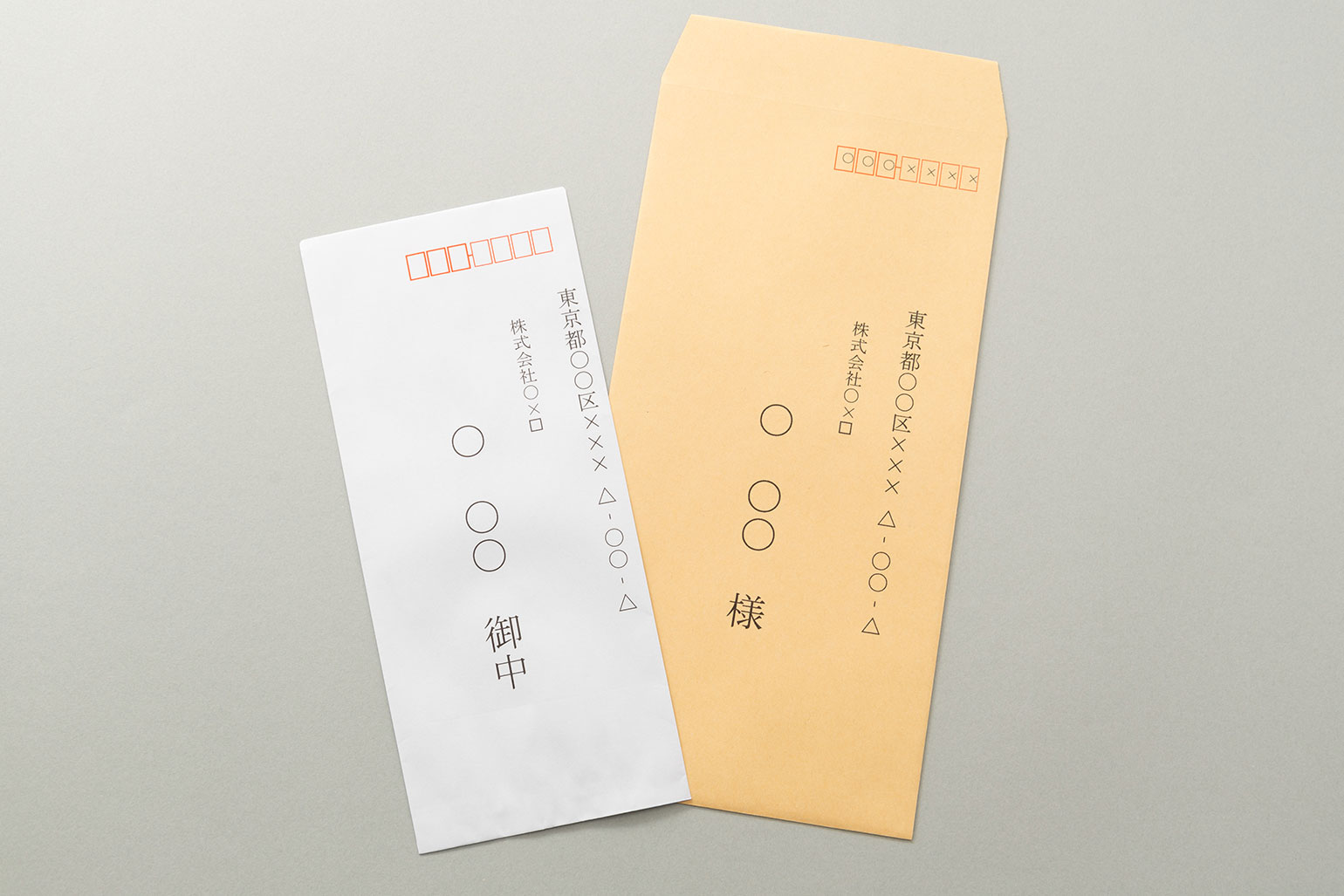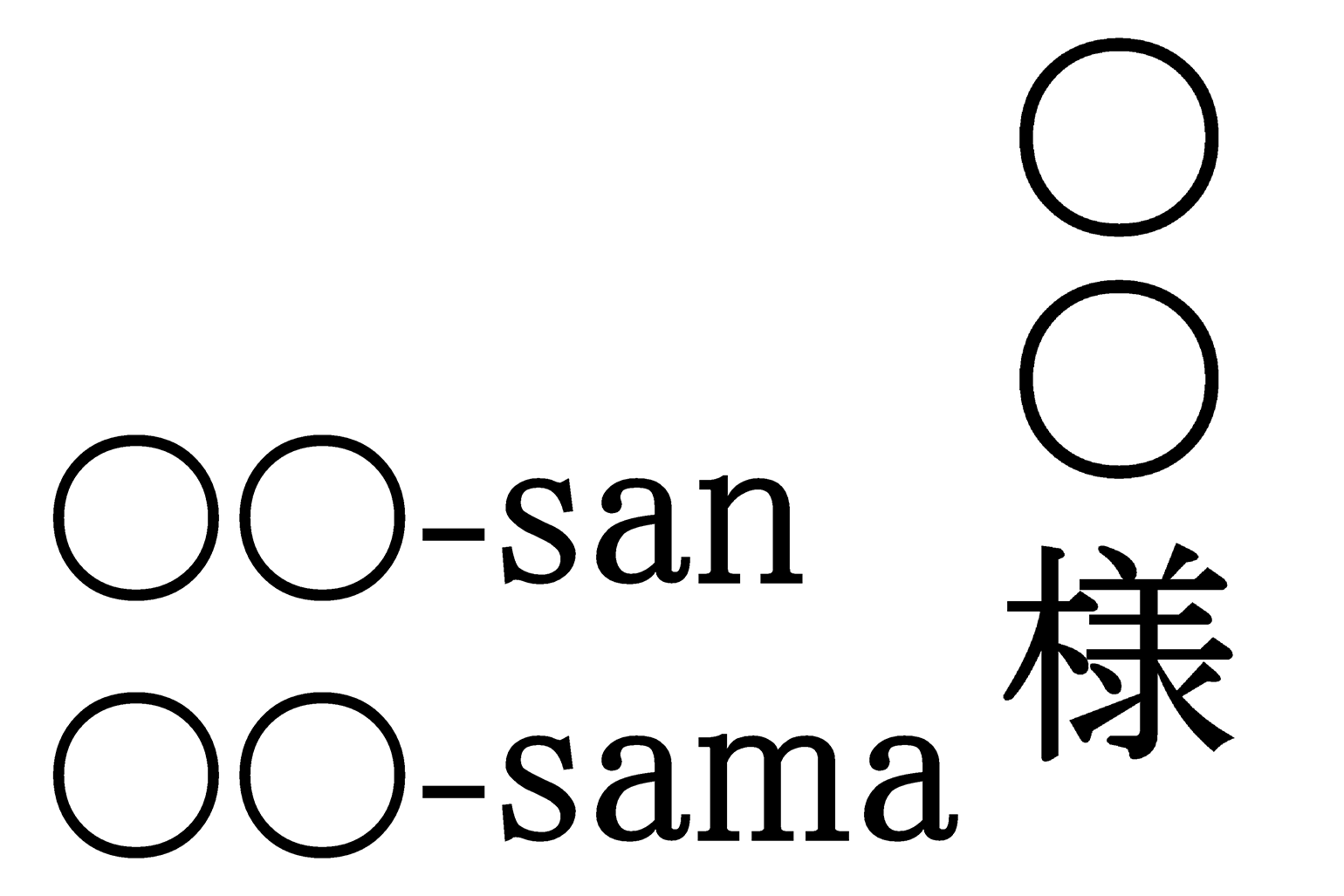Generally, in Japan, people call their superiors with honorific titles. “Superiors” are, for example, elders, superiors or senior members of an organization, or business partners. In addition, we also use “honorific titles” to refer to people with whom we do not have a close relationship, regardless of their age or gender. Just like “○○san” or “○○sama”. Incidentally, “○○sama” is more respectful than “○○san. As for “○○san,” it is also used for people with whom you have a close relationship.


In Japan, calling someone by their name with “san” or “sama” expresses respect for the other person. It is generally considered impolite to call someone who is not a relative or close friend by their names-only or their nicknames. They are considered rude behavior, especially in public situations. Well, If it is based on a wrong interpretation of “order of seniority”, this custom can be harmful… Essentially, the original meaning is to “show respect” to the other one. It is a very effective way of communication because it allows people to show respect regardless of the other person’s age or gender, thus avoiding misunderstandings and other problems. Recently, there has been a growing awareness and understanding of diverse gender identities or gender expressions. Now, at long last, the topics related to such things are being covered. In English-speaking countries, “Mr.”, “Mrs.”, “Ms.” and “Miss” are used as honorific titles, but Japanese “○○san” or “○○sama” calling can be said to include all of these. After all this time, we think it’s a pretty good custom, don’t you?
Japanese “○○san” or “○○sama” calling, we think it would be a good idea to try to use this calling worldwide.




